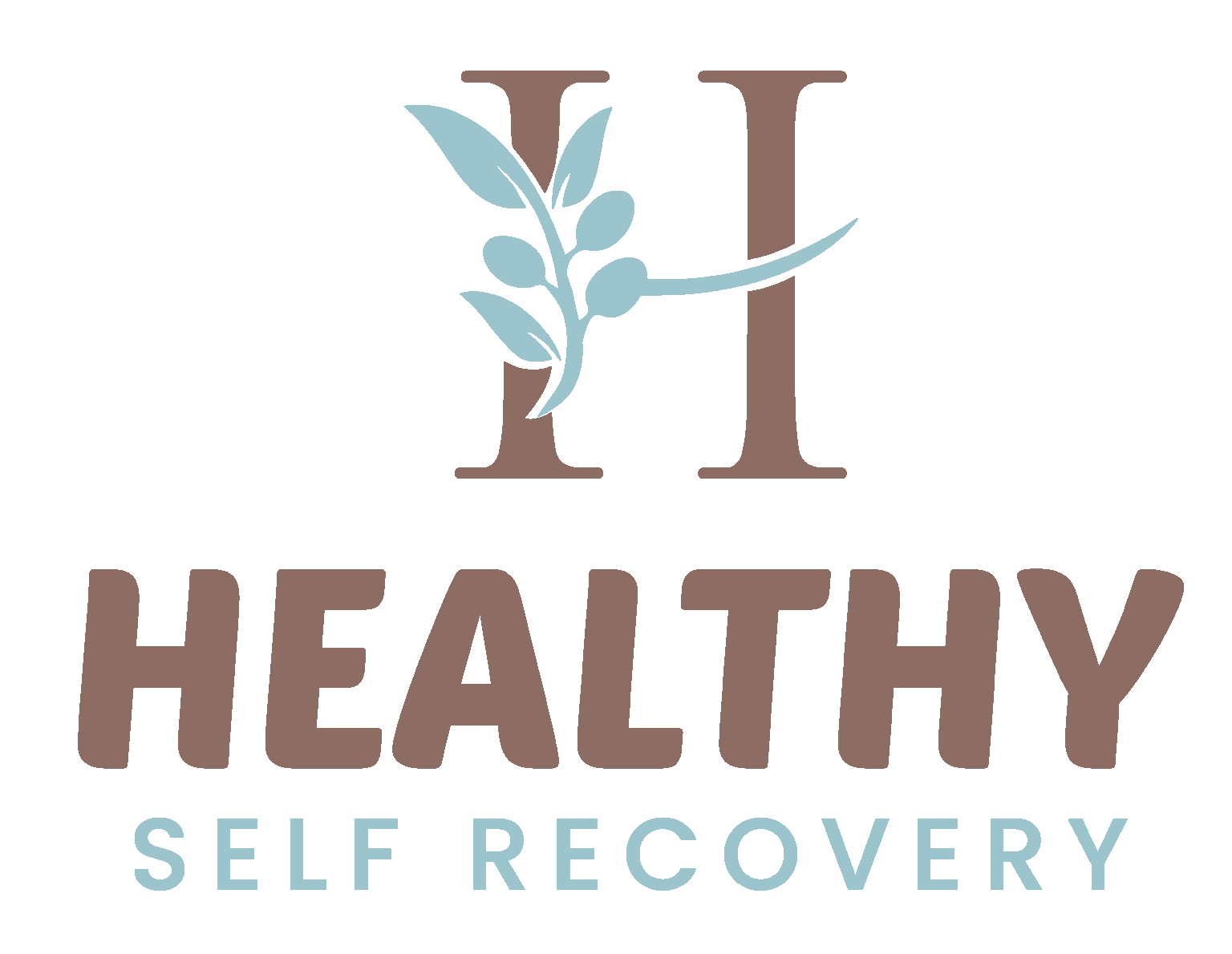Recovering from an eating disorder is an incredibly hard journey. One of the reasons for this is that they are closely tied to identity. Full recovery from an eating disorder means untangling your identity from that of the eating disorder. This can feel truly petrifying because it can make you feel like it has taken over your entire sense of self. This is especially so for anyone who has struggled with an eating disorder for a long time. They may feel like they cannot remember who they were without an eating disorder. Redefining yourself without an eating disorder is an important part of healing. Eating disorder recovery coaching in the UK can be pivotal in helping you heal with a recovery coach.

Why Losing the Identity of an Eating Disorder is Frightening
Eating disorders very often develop as a way of coping with difficult feelings or situations. They act as a distraction or give a false sense of control. Eating disorder behaviours become habitual and automatic, but bring a sense of reward. This is often described as feeling in control, strong, capable, and even virtuous. As eating disorders encourage isolation, this often makes the problem worse. The more someone withdraws from others, the more the eating disorder behaviours can take control. Soon enough, every decision, action, value, and choice is made through the eating disorder lens.
If an eating disorder feels like a good way of coping with the world and other people, then the idea of losing it will understandably make someone feel vulnerable. It can also evoke difficult feelings about how others perceive you. However, true healing and recovery cannot happen without finding who you are without an eating disorder.
The Role of an Eating Disorder Recovery Coach in Rebuilding Identity
Unlike clinical therapy, which addresses underlying psychological or medical issues and may focus on diagnosis and treatment, coaching is focused on practical support and day-to-day growth. An eating disorder recovery coach collaborates to identify strategies that facilitate personal exploration and self-discovery. This helps to uncover values, goals, strengths, and passions that may have been overshadowed or buried by the eating disorder.
A coach will help identify actions and hold someone accountable for behaviours that move them away from the eating disorder. Doing this helps grow a different sense of identity
Importantly, a coach provides encouragement and acts as living proof of full recovery. Everyone has the capacity for change, and it is possible to find one’s identity and a sense of fulfillment beyond an eating disorder.

5 Ways an Eating Disorder Recovery Coach May Work With You to Help Redefine Your Identity
1. Working on Your Core Values
Working on your core values to shape the person you want to be. Identifying your core values is the starting point of understanding what things are truly important to you in life. Engaging in these types of exercises with a recovery coach helps define the kind of person you would like to become. The things you want to be doing more of, and what and who you want to prioritise in your life. Having a clear picture of what your values and priorities mean, you can work with your coach to make sure that your daily actions are aligned with these. In doing so, this builds a stronger sense of self.
2. Saying Goodbye To Your Eating Disorder
Say goodbye to your eating disorder. Acknowledging the grief and sense of loss that comes with letting go of an eating disorder is an important part of being able to move forward. One way that can be helpful to do this is to write a goodbye letter to your eating disorder.
3. Using Feedback From Friends and Family
Use feedback from your friends/ family to see yourself clearly. With the help of your eating disorder recovery coach, ask friends and family to describe how they think about you as a person. This can bring perspectives or reveal qualities that you may have overlooked.
4. Reflect on Who You Were Before The Eating Disorder
Reflect on the person you were before the eating disorder. It is possible that your eating disorder may have developed when you were not yet a fully formed adult. Even so, it can be useful to explore past interests, passions, and strengths. You can then work with your coach to decide which parts of these you want to explore, develop, or let go of.
5. Exploring Who You Want to Be
Seeing identity redefinition as an opportunity to explore who you want to be. Reframing recovery not as loss of identity but as an opportunity for growth and to create excitement for the future. One of the benefits of redefining your identity is the opportunity to try a variety of different things. Get curious, experiment with a range of different activities until you find what feels nourishing to your soul.
Redefining Yourself Starts with Reaching Out
If you are struggling with an eating disorder but feel frightened that recovery will rob you of your identity, know that you are not alone. Many people, including myself, experience this. If you would like support to navigate recovery and explore the opportunities that you may be without an eating disorder, please reach out to Healthy Self Recovery for support today.

Redefine Who You Are With Eating Disorder Recovery Coaching in the UK and Online Globally
Recovery is about more than letting go of an eating disorder—it’s about rediscovering the person you truly are. With eating disorder recovery coaching in the UK, you can find support, guidance, and accountability to help you rebuild your identity with confidence. At Healthy Self Recovery, we’re here to walk alongside you as you create a fulfilling life beyond the disorder. Follow these three simple steps to get started:
- Reach out to book a free discovery call
- Begin working with a compassionate eating disorder recovery coach
- Start redefining who you are!
Additional Services Offered at Healthy Self Recovery
At Healthy Self Recovery, I offer eating disorder recovery coaching that supports you in rediscovering who you are beyond the eating disorder. Our work together may involve reconnecting with your body’s natural rhythms, building food confidence, and finding strategies that feel both realistic and empowering. My approach combines compassion, practical tools, and lived understanding so you feel supported at every stage of your journey.
In our coaching sessions, we’ll explore the thoughts, emotions, and physical responses that often fuel disordered eating. The focus will be on calming urges, responding to hunger cues with less fear, and developing techniques to ease overwhelm. Between sessions, I provide text-based support to help you stay encouraged and accountable. For those needing deeper assistance, I also offer guided eating sessions in a safe space and collaborate closely with other members of your care team to ensure your recovery feels cohesive and supported.
I work with clients online throughout the UK—including England, Scotland, Wales, and Ireland—as well as internationally. Together, we’ll build a recovery process that honors your body, strengthens your sense of self, and helps you create a healthier, more peaceful relationship with food.








